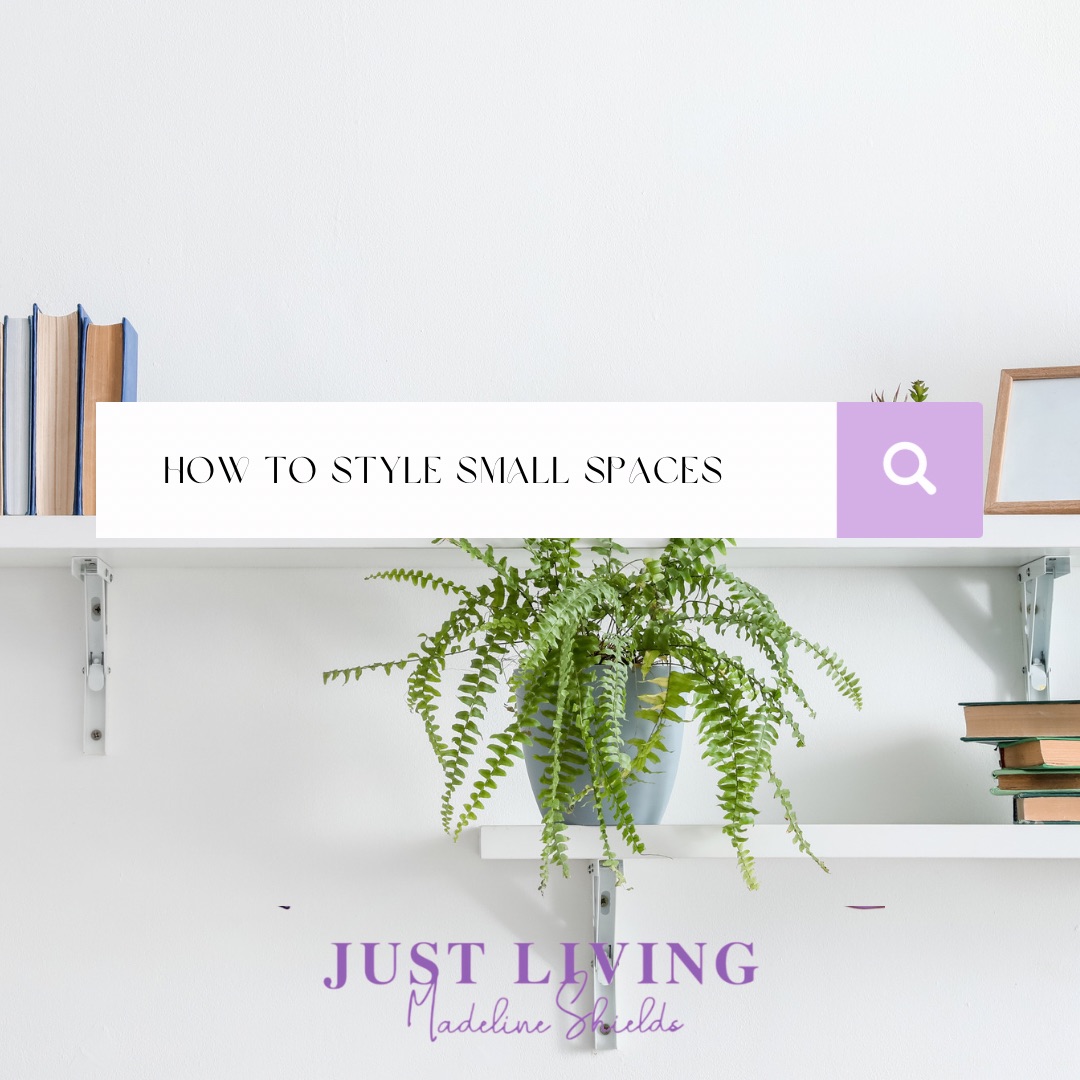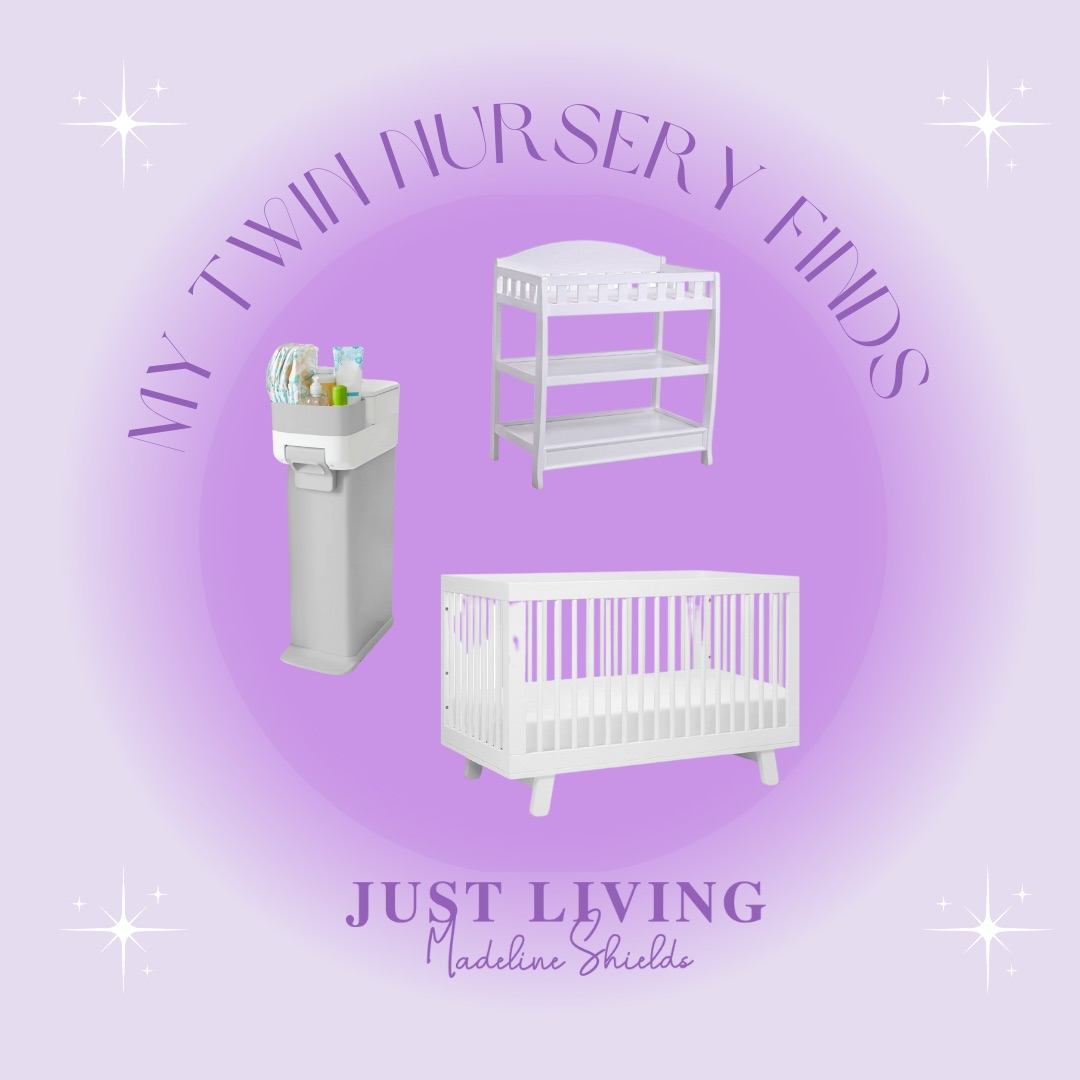Are you and your partner arguing more as the relationship progresses? These relationship lessons will help you overcome rough patches and grow stronger.
Although it may not be met with celebration, your first fight as a couple is a milestone. While the honeymoon phase may shield you from ever thinking that you and your new love could ever argue, the reality is that it will eventually happen. But what happens if the first few fights take place while still in that honeymoon phase? What does it mean if it keeps happening early on in the relationship?
This is a question that consumed me in a previous relationship, where I found myself still in that honeymoon phase but experiencing frequent arguments. While I initially felt very anxious and uncertain about what the conflict that occurred early on meant, I began to realize that much of the source of conflict was a result of adapting to one another’s communication styles and adjusting to being in a relationship and figuring out the relationship dynamic.
I was also reassured to hear from loved ones who are happily married (the perks of being the youngest and having much older siblings) that conflict early on isn’t abnormal by any means but rather the way in which it is resolved is what matters most, especially in those early foundational periods of a relationship.
So, with my dating experiences and the helpful tips of others, I have picked up on some helpful reminders to refer to when conflict does begin to arise in a relationship.
Acclimating into a new relationship can take work, and there is a lot to learn about one another, and small arguments are expected. While these arguments can be a source of relationship anxiety, take them as a learning opportunity.
This is why I wanted to share some of the lessons I’ve learned early in relationships so that those entering a new relationship don’t feel bad when that honeymoon phase starts to wear a bit.
“I Feel” Statements
Using “I Feel” statements is the ultimate way to go. I learned this long ago, but it has become more apparent in the past few months how much language and the difference between a few words can lead to drastically different outcomes and far less long arguments.
Often preceding the “I feel” with an “I am not saying this was your intention. I do, however, want to let you know that I felt ____ when you said ___” is a more effective way to communicate openly without shutting down the other person. Also, try your best not to use “but” after you open up with an “I don’t think you meant to do this” because it makes the other person still feel accused.
Work as a Team
When you are used to being single, it can be an adjustment period of training yourself to realize that you and your partner are a team. When disagreements happen, remember that it isn’t about winning or making a point or freaking out and wondering if it’s a sign but finding a solution that helps the two of you feel supported, seen, and heard to proceed to a happy, healthy relationship.
Compromise
It can be so hard when you are coming from living a single life to adapt to a new lifestyle where you are working with someone, but compromise will always be necessary.
Even if an argument was started by one partner, both partners should discuss how they can work better together. on how we both can work better together. However, responsibility should be taken when necessary.
Accept Each Other’s Faults
Understand that no one is perfect and everyone has flaws. So when you start to notice a trait or behavior that bothers you, remember what you appreciate most about them. Often, if you are in a loving relationship, that one trait that one bothersome trait will even seem rather minuscule.
Address Your Needs
If you need words of affirmation because that is your love language, and you feel like it may not be for your partner, let them know.
If you need to talk it out with your partner, let them know.
Understanding that each of you has different needs and communicating them builds trust and a stable foundation for your new relationship.
Do you have any advice for people in a new or ongoing relationship?






